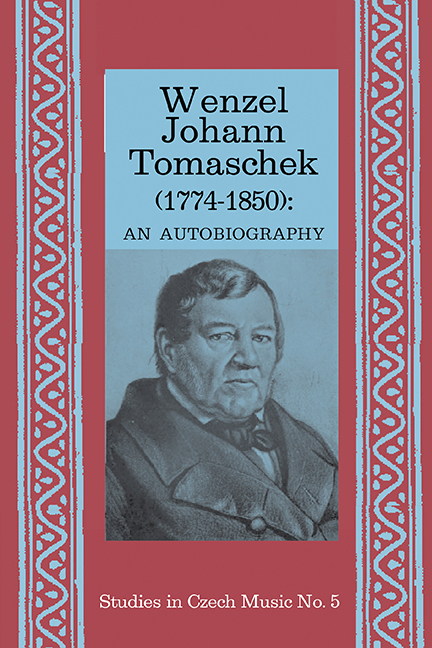Book contents
Afterword: On translation, and Tomaschek
Summary
We live in a world that is, paradoxically, both increasingly multi-cultural, with all sorts of cultural, both intellectual and material, accessible world-wide, and ever more narrow-minded, in which the English language and Anglo-American culture assert dominance over cultures which have less and less prestige in the Anglo-American cultural sphere. The result is that Anglo-American culture is widely distributed through print and audio-visual media to the rest of the world (e.g. the books for sale in a Brazilian book-store are likely to be at least fifty percent translations from other languages, principally English), while transfer in the opposite direction has fallen off very noticeably. English-speakers, particularly in the United States, are not likely to have significant skills either in reading or speaking any foreign language whatsoever (the only American president in the twentieth century to speak a foreign language fluently was Franklin Delano Roosevelt, although candidates have had some skills - Kerry, Romney, Jeb Bush, Marco Rubio). And this lack of proficiency has only increased over the last generations, so that not only is foreign culture only sparsely accessible in English translation in the US, but the number of Americans who can read or understand foreign books, movies, and television in the original language is very small.
Formerly, scholars in the hard sciences and mathematics could be expected to have reading fluency in at least the languages relevant to their research (German for chemistry, Russian for mathematics, for example), but scientific publications are increasingly published initially in English. Likewise, those holding doctorates in the humanities could be expected to have a reading knowledge of French, at a minimum, and perhaps also German and Italian. As languages skills decline, even for those with advanced degrees working in the humanities, it becomes increasingly important to make available primary sources in languages other than English in translation into English. Not only will they then be accessible to readers whose native language is English, but also to the large number of non-native speakers, who may out-number native speakers by as much as three to one.
Translation is not simply a matter of a one-to-one correspondence between bodies of vocabulary (which itself is a fiction), but involves negotiating differences in syntax and language structure between languages.
- Type
- Chapter
- Information
- Wenzel Johann Tomaschek (1774–1850)Autobiography, pp. 152 - 154Publisher: Boydell & BrewerPrint publication year: 2017



